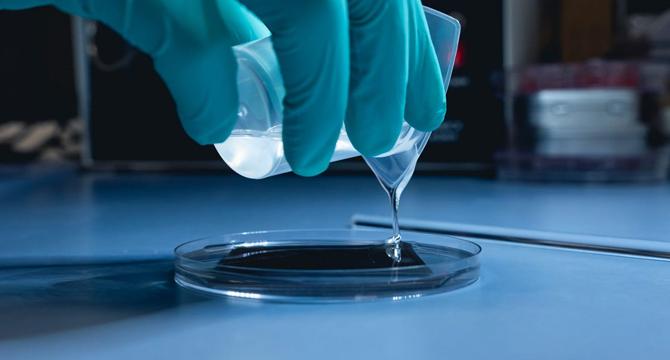Medium
3w
61

Image Credit: Medium
PDMS in Microfluidics: Properties, Challenges, and Emerging Solutions
- PDMS, a silicon-based organic polymer, is commonly used in microfluidics for creating elastomeric replicas of microchannel designs through soft lithography.
- PDMS is optically transparent, making it suitable for live imaging and cell culture experiments, and it bonds well to glass or itself after plasma treatment.
- Advantages of PDMS in microfluidics include ease of prototyping, adaptability for complex designs, and optical transparency for various experiments.
- Challenges of PDMS include absorption of small molecules, limited shelf life, and lack of functionalities like self-healing and self-reporting.
- Scientists are developing smart PDMS materials to address limitations, extending its shelf life, stability, and usability in complex experiments.
- Elveflow offers solutions for PDMS chip prototyping and microfluidic instruments optimized for PDMS workflows, facilitating chip fabrication and fluidic control.
- PDMS's future in microfluidics looks promising with advancements in smart functionalities like self-healing and self-reporting, enhancing its adaptability and ease of use.
Read Full Article
3 Likes
For uninterrupted reading, download the app